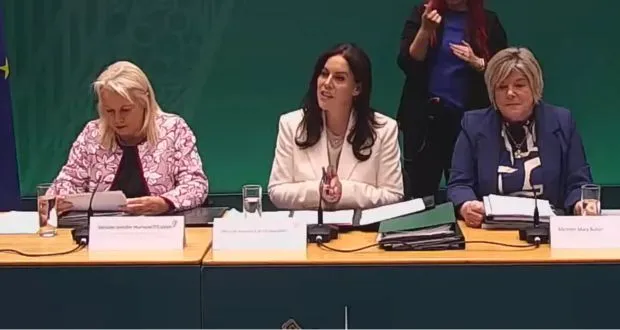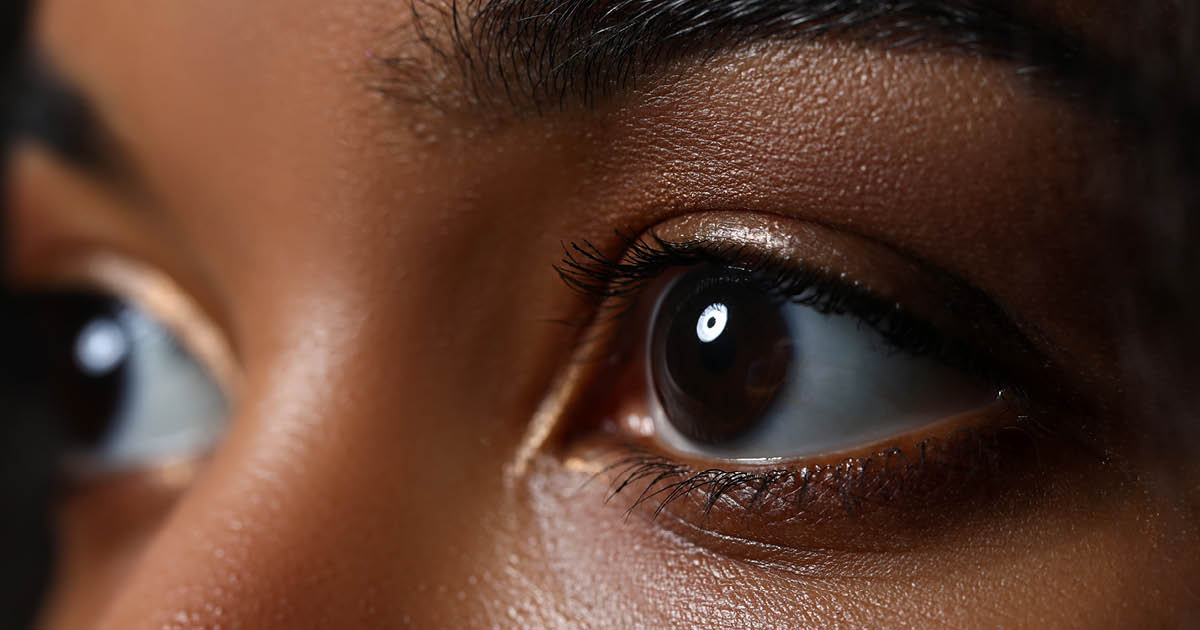Jennifer Carroll MacNeill promises a shift to performance-led investment, with productivity reforms continuing to be a priority for her department
The €27.4 billion health budget for 2026 will go towards reducing regional disparities in services, with greater autonomy given at a local level to how funding is spent.
In a post-budget briefing, Minister for Health Jennifer Carroll MacNeill said that the country’s six HSE health regions will be given further powers to determine how funding in their respective areas is spent.
“We must measure our performance not just by health outcomes, but on how our patients are met when they turn up to our health services,” she said.
“As we shift to a performance-led model, I expect all six Health Regions will address the specific needs of their local populations and demonstrate clear improvement in results. This is our path towards a health service that is economically sustainable for the future and a true representation of Sláintecare.”
A Department of Health statement noted how it plans to use Budget expenditure and system reforms to address inconsistencies in care.
‘Through better deployment of our existing workforce, in particular delivering services on a seven-day basis, and an additional 3,300 whole-time equivalent (WTE) staff in the Health Service Executive, we can significantly reduce regional disparities in access to care and support the evolution of a more sustainable, efficient health service that responds better to patients’ needs,” it said.
Of the €27.4 billion allocated to health next year, €25.8 billion will go towards current expenditure, an increase of 6.2 per cent on 2025 funding.
The Minister has promised a shift to performance-led investment and highlighted that ongoing productivity reforms will continue to be a priority for her department.
“We cannot continue to spend more without spending smarter, and Budget 2026 represents a sea-change in how we target our investment,” she added.
“We are striving for increased productivity in all regions, and driving innovation as we develop faster, smarter and safer ways of delivering healthcare.”
Acute hospital funding will increase by €665 million and community care funding by €319 million, with the aim of addressing waiting times for appointments and procedures.
Drugs expenditure is expected to exceed €3 billion again next year, with an additional €217 million investment in Primary Care Reimbursement Service (PCRS) medicines, including €30 million in new medicines.
In mental health, an extra 300 staff will be hired. These will include specialist nursing teams being placed in the Emergency Departments of all Model 4 hospitals out-of-hours, in addition to the establishment of a new crisis response pathway for children and young people staffed by specialist Child and Adolescent Mental Health Services (CAMHS) doctors.
This Budget will also facilitate an increase in bed capacity for mental health services, including the opening and commissioning of 21 CAMHS acute inpatient beds. It will also provide staffing to open 10 new Intensive Care Rehabilitation Unit beds at the National Forensic Mental Health Service.
There will be an increase of €215 million for older persons services, representing over a 7.1 per cent increase on 2025. This will include €92 million of additional funding allocated to the Fair Deal scheme, which is expected to provide 500 more people with financial support to access long-term residential care.
A new national dementia registry will also be established, while funding will be given to expand day care services provided by the Alzheimer’s Society of Ireland.










